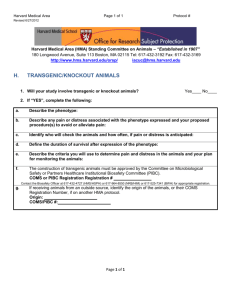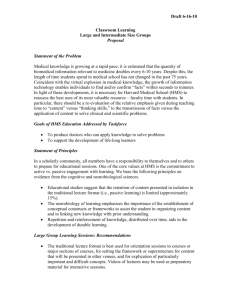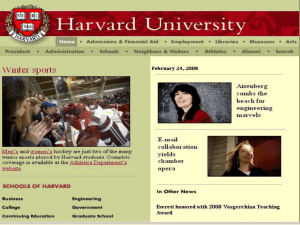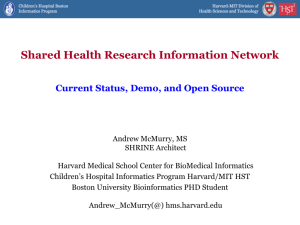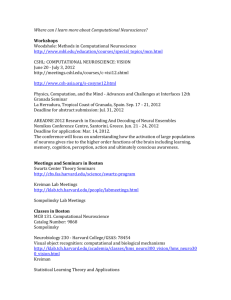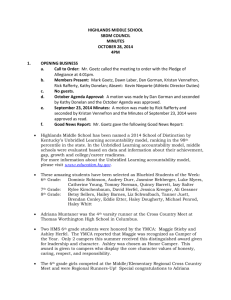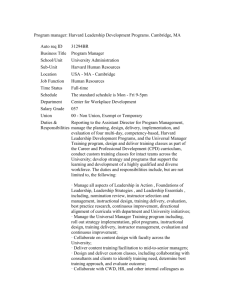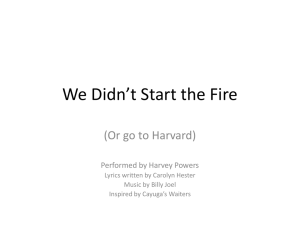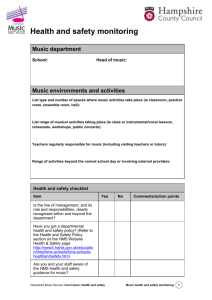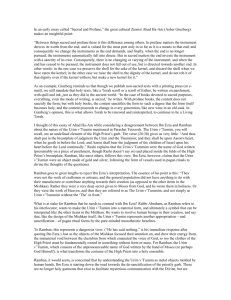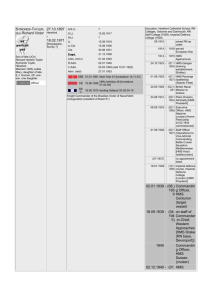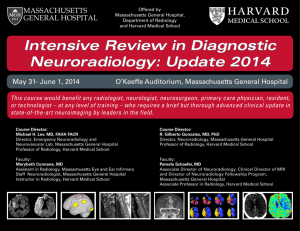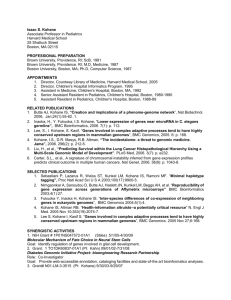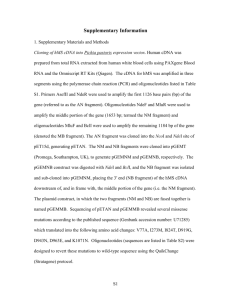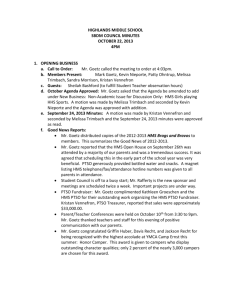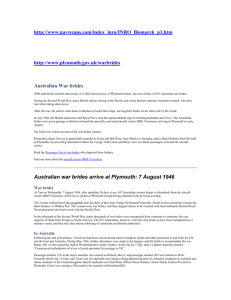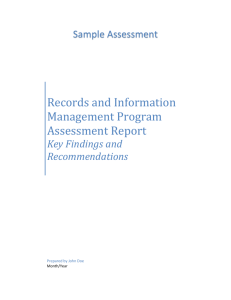minority physicians and research careers
advertisement
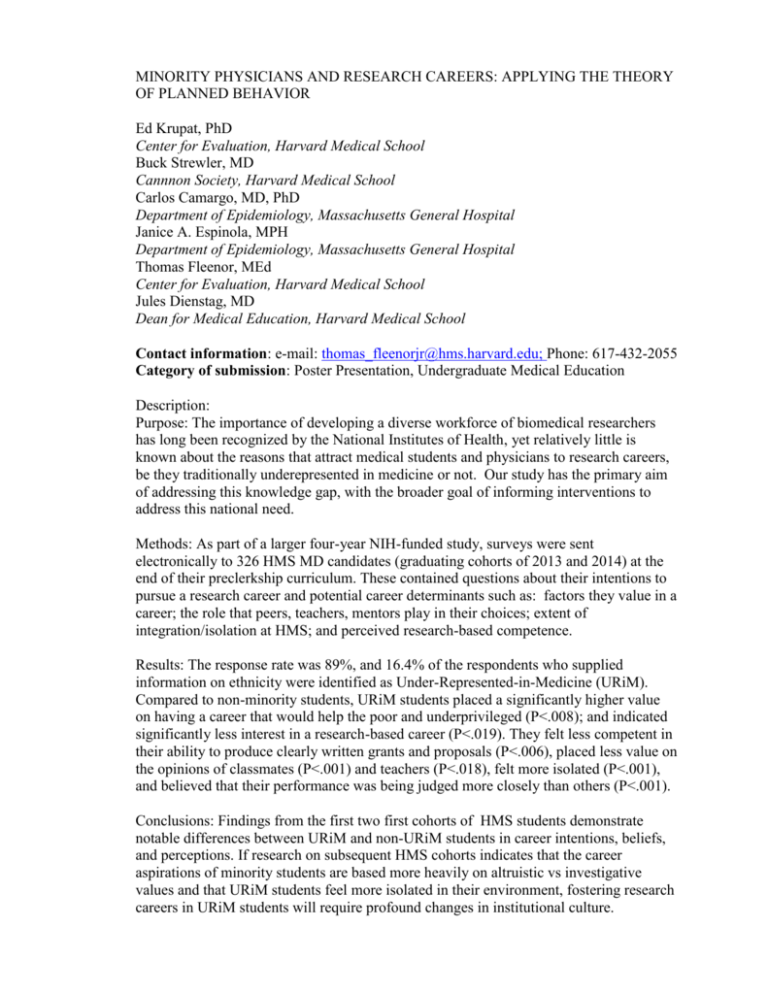
MINORITY PHYSICIANS AND RESEARCH CAREERS: APPLYING THE THEORY OF PLANNED BEHAVIOR Ed Krupat, PhD Center for Evaluation, Harvard Medical School Buck Strewler, MD Cannnon Society, Harvard Medical School Carlos Camargo, MD, PhD Department of Epidemiology, Massachusetts General Hospital Janice A. Espinola, MPH Department of Epidemiology, Massachusetts General Hospital Thomas Fleenor, MEd Center for Evaluation, Harvard Medical School Jules Dienstag, MD Dean for Medical Education, Harvard Medical School Contact information: e-mail: thomas_fleenorjr@hms.harvard.edu; Phone: 617-432-2055 Category of submission: Poster Presentation, Undergraduate Medical Education Description: Purpose: The importance of developing a diverse workforce of biomedical researchers has long been recognized by the National Institutes of Health, yet relatively little is known about the reasons that attract medical students and physicians to research careers, be they traditionally underepresented in medicine or not. Our study has the primary aim of addressing this knowledge gap, with the broader goal of informing interventions to address this national need. Methods: As part of a larger four-year NIH-funded study, surveys were sent electronically to 326 HMS MD candidates (graduating cohorts of 2013 and 2014) at the end of their preclerkship curriculum. These contained questions about their intentions to pursue a research career and potential career determinants such as: factors they value in a career; the role that peers, teachers, mentors play in their choices; extent of integration/isolation at HMS; and perceived research-based competence. Results: The response rate was 89%, and 16.4% of the respondents who supplied information on ethnicity were identified as Under-Represented-in-Medicine (URiM). Compared to non-minority students, URiM students placed a significantly higher value on having a career that would help the poor and underprivileged (P<.008); and indicated significantly less interest in a research-based career (P<.019). They felt less competent in their ability to produce clearly written grants and proposals (P<.006), placed less value on the opinions of classmates (P<.001) and teachers (P<.018), felt more isolated (P<.001), and believed that their performance was being judged more closely than others (P<.001). Conclusions: Findings from the first two first cohorts of HMS students demonstrate notable differences between URiM and non-URiM students in career intentions, beliefs, and perceptions. If research on subsequent HMS cohorts indicates that the career aspirations of minority students are based more heavily on altruistic vs investigative values and that URiM students feel more isolated in their environment, fostering research careers in URiM students will require profound changes in institutional culture.
